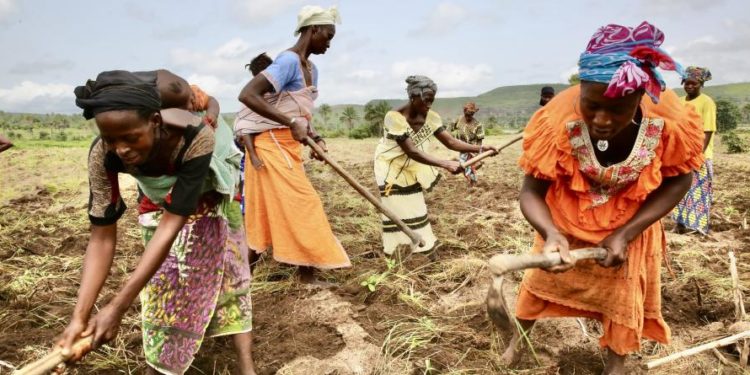In Kenya’s economic framework, labor often appears to be the forgotten pillar of the economy. While monetary policy, banks, and large corporations dominate economic discourse, the workers—the backbone of productivity—are often submerged in the chaos of rising costs, stagnant wages, and limited social protections.
Kenya has made significant strides in developing its financial systems and policies. Institutions like the Central Bank of Kenya (CBK) work tirelessly to stabilize inflation, control interest rates, and ensure the financial system remains strong. Banks and financial institutions, on the other hand, receive considerable attention and support to foster investments, facilitate loans, and drive entrepreneurship. These are necessary steps for a thriving economy. Yet, the labor force—representing millions of Kenyans—remains at the bottom of the economic hierarchy, rarely prioritized in policy decisions.
This disparity is evident in wage stagnation. While sectors like banking and telecommunications reap record profits, many workers, especially in agriculture and informal sectors, struggle to make ends meet. Inflation, driven by higher fuel prices and disrupted supply chains, continually erodes purchasing power. Yet, the same laborers driving the economy—farmers who grow food, construction workers building infrastructure, and service workers supporting urban livelihoods—rarely see tangible benefits.
Additionally, the “trickle-down” theory, where wealth from the top is expected to reach workers at the bottom, often fails in practice. Corporations may see tax incentives and monetary easing, but these benefits do not always translate into job creation or wage increases. Instead, Kenya’s laborers are left to bear the brunt of economic challenges, much like the submerged figure in the meme.
To change this narrative, labor must be elevated in national economic priorities. Policies should focus on strengthening labor rights, implementing living wages, and investing in vocational training to match skills with opportunities in high-growth industries. Furthermore, social safety nets, such as affordable healthcare and unemployment insurance, can provide workers with much-needed resilience against economic shocks.
In Kenya’s quest for economic progress, it is vital not to overlook those who power its growth. After all, a prosperous nation must be built on a foundation where every citizen, especially its laborers, is valued and supported.














